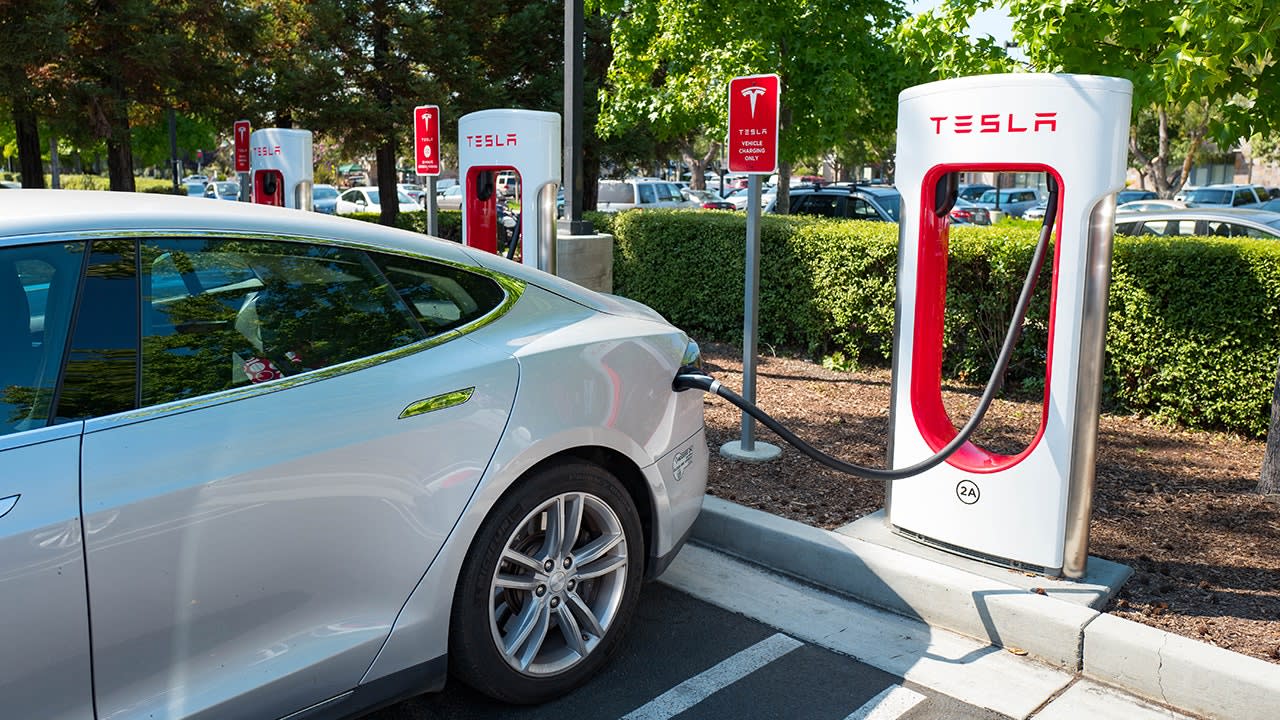A Threat to the Electric Grid, Security, and Greenhouse Effect
INTERNACIONAL
19-07-2023

web
Publicado: 19-07-2023 16:59:46 PDT
Actualizado: 19-07-2023 17:00:21 PDT
A study reveals they could create more issues than benefits for the world
New Report Casts Doubt on Climate and Economic Benefits of Electric Vehicles, Widely Promoted by Lawmakers and Automakers.
A new report published by the Manhattan Institute has poured cold water on the alleged climate and economic benefits of electric vehicles (EVs), which are widely promoted by lawmakers and automakers.
Overall, the rapid electrification of the U.S. transportation sector would increase consumer costs, make the electric grid more vulnerable to blackouts, threaten national security, and may not even reduce greenhouse gas emissions, according to the report titled "Electric Vehicles for Everyone? The Impossible Dream," authored by Mark Mills, a senior fellow at the Manhattan Institute.
"I believe it has moral consequences. It has geopolitical consequences and social and economic consequences," Mills said in an interview with Fox News Digital. "The subsidies and regulations run the risk of causing perhaps the greatest misallocation of capital in modern times in the industrial markets. Hundreds of billions of dollars will be spent pursuing these mandates and requirements."
"And as the report shows, it won't achieve the intended goals, and the attempt to do so will have enormous economic and social costs because the underlying premises are incorrect, poorly understood, or too difficult to quantify in order to take the actions being taken," he continued.
Mills pointed out that the government's push to aggressively electrify the transportation sector in the coming years is based on the premise that it will help the environment by reducing carbon emissions across the economy and save consumers money through lower fuel costs while maintaining car prices at current levels.
"It depends on when and where you charge the vehicle," he told Fox News Digital. "Then you have to add to that the emissions that occur before you get the vehicle in your driveway for the first time because all vehicles entail CO2 emissions associated with the energy you use to build the vehicle. Use of materials and machines to build it."
"For an internal combustion engine, something in the range of 15% to 20% of the emissions associated with the vehicle during its lifetime occurs before you drive it," he continued. "With an electric vehicle, the share of emissions ranges from 15% to 100% of total lifecycle emissions. And they are much higher than those of a conventional vehicle because you are building a fuel tank, a battery, with hard-to-acquire metals."
Mills added that there are "realistic scenarios" in which driving an electric vehicle could generate higher global emissions than driving an internal combustion engine.
Meanwhile, his report comes as lawmakers at the federal and state levels continue to target traditional gas-powered vehicles while promoting EVs.
In December, the Environmental Protection Agency (EPA) finalized rules targeting heavy-duty trucks, which it described as the "strongest-ever national clean air standards to cut smog- and soot-forming emissions" from such vehicles. The new standards came into effect on March 27 and will apply to new trucks sold after 2027.
Then, in April, the EPA proposed the most aggressive federal tailpipe emissions standards ever crafted for light- and medium-duty vehicles. If finalized and implemented, up to 67% of new sedans, crossovers, SUVs, and light trucks; up to 50% of buses and garbage trucks; up to 35% of short-haul freight tractors; and up to 25% of long-haul freight tractors could be electric by 2032, according to projections from the White House.
Tech companies backed by the Chinese Communist Party are poised to benefit from Biden's climate bill, warn national security experts.
In March 2022, the EPA also reinstated California's authority under the Clean Air Act to implement its own emissions standards and electric vehicle sales mandates, allowing other states to adopt California's rules.
Months later, in August, the California Air Resources Board, a leading state environmental agency, approved regulations mandating that all car purchases in the state— which leads the country in annual car sales— be zero emissions by 2035. Overall, it is estimated that the nearly 20 states planning to adopt California's regulations represent more than 40% of total U.S. car purchases.
"In the end, if implemented, bans on conventionally powered vehicles will lead to draconian obstacles to affordable and convenient driving and a massive misallocation of capital in the world's $4 trillion automotive industry," Mills wrote in his report.
"Imagining a hypothetical all-EV world requires acknowledging the unavoidable fact of a rat's nest of assumptions, guesses, and ambiguities regarding emissions. Much of the necessary data may never be collectible in any normal regulatory fashion, given the technical uncertainties and the variety and opacity of geographic factors, as well as the proprietary nature of many of the processes."
"Those uncertainties could lead to havoc if U.S. and European regulators enshrine 'green disclosures' in legally binding ways, and it all will be subject to manipulation, if not fraud."

Cali - Baja
hace 27 minutos
Largas filas para entrar al establecimiento se mostraron este domingo ..

Cali - Baja
hace 41 minutos
Algunas personas esperan el cruce para hacer compras o pasar tiempo con sus seres queridos ..

Cali - Baja
hace 58 minutos
El imputado se encontraba bajo prisión preventiva por los delitos de uso de documentos falsificados ..

Nacional
hace 1 hora
"Nunca los vamos a dejar solos, que aquí está la presidenta, que aquí está su equipo para proteger s ..

Vida y estilo
hace 1 hora
Cada país y región tiene sus propios dulces emblemáticos, y muchos de ellos han cruzado fronteras, c ..

Internacional
hace 1 hora
"No pueden hacerle esto a nuestro país." ..

